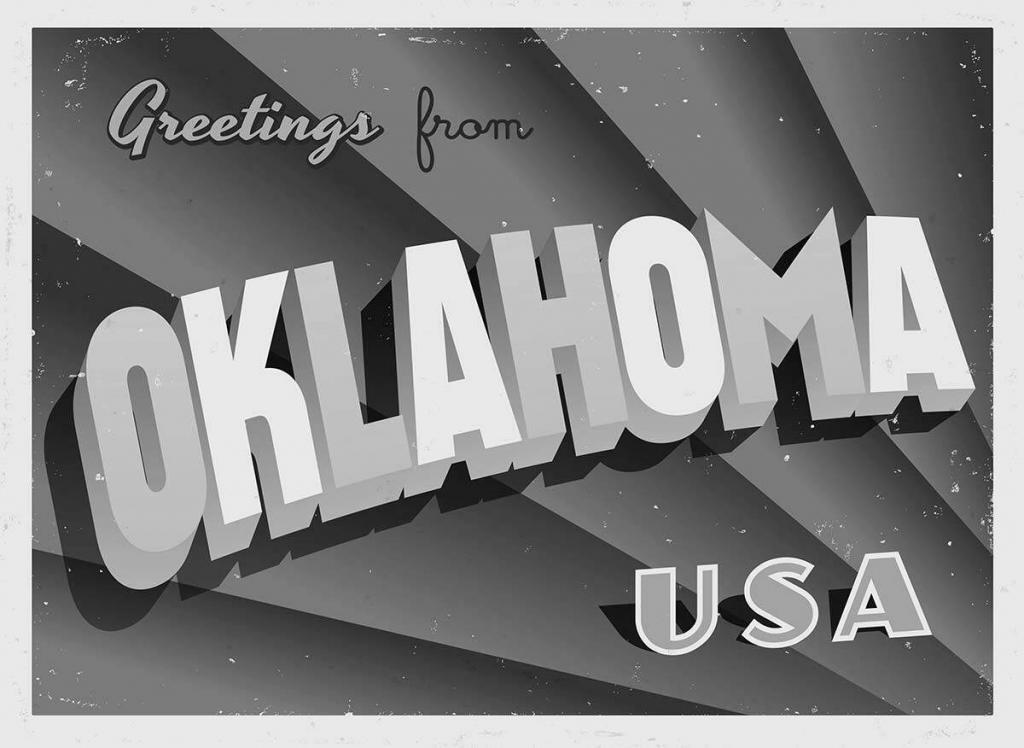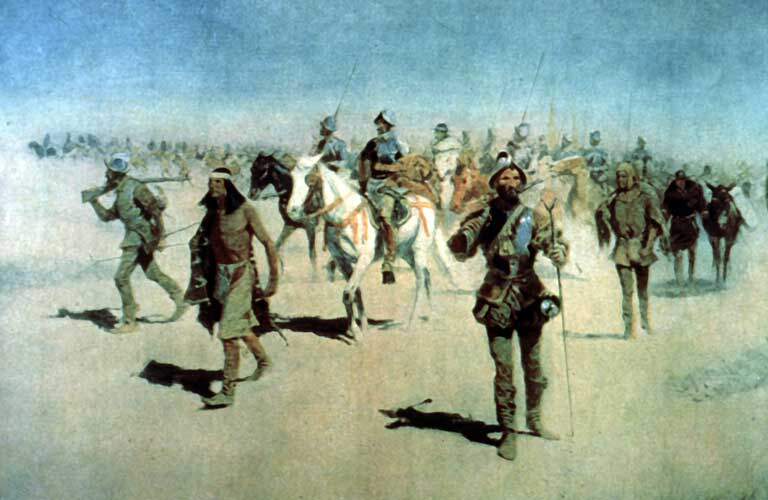Oklahoma has been a human settling spot for millenia, since sometime in the interglacial Holocene epoch over 11,000 years ago. Before becoming a part of the United States in 1803 (due to the Louisiana purchase) it was explored by the Spanish and claimed by the French. Eventually it became Native American territory until 1888, wherein it was opened up to legal settlement by other American citizens. The word “Oklahoma” comes from a blend of Choctaw language meaning “red people,” which was a blanket term used to describe Native American tribes.
Oklahoma is no stranger to myths and urban legends, from The Friendly Ghost of the Stone Lion Inn, to the Tulsa Hex House and The Haunted Chalkboard of Bird Creek School, though none are as infamous and deterring from its more rural spots than the mysterious Shaman’s Portal of Beaver Dunes Park.
Beaver Dunes Park

Located in Oklahoma’s panhandle region on US Hwy 270 in Beaver, Oklahoma, Beaver Dunes Park sits on what is lovingly referred to as “No-Man’s Land” or “The Neutral Strip,” which encompasses over 300 miles of Oklahoma’s extreme northwestern region. Drenched in the paranormal, the dunes have been home to enough human disappearances, secret military excavations, and “Men in Black” sightings to earn it the title “Oklahoma’s Bermuda Triangle”.
Shaman’s Portal

It all began in the 1500s with the Spanish explorer Coronado. When Coronado’s men vanished mysteriously from the dunes in a blast of strange, green light, he described the phenomenon in his diary as “the work of the devil”. That’s not to say he wasn’t forewarned, however. Native American guides who had aided him so far in his journey warned Coronado and his men not to wander into the Dunes. They said it was an evil place, though Cornoado’s lust for New World gold spurred him on. It appears the guides were not far wrong.
“The Shaman’s Portal” title was coined by these very natives, and the place has been suspected of a string of disappearances from that fateful expedition to this very day. As time went on, less and less of these disappearances have been verified, and none in fact proven to have any connection to the alleged portal, though the combination of history and superstition here is enough to deter many from straying too far in. Some locals report that they have encountered military excavation sites under the cover of darkness. Dr. Mark Thatcher, an Oklahoma State University archaeologist, spent three years in the nineties studying the area before suited individuals with military credentials shut his operation down.
So is the area a portal to another dimension, as the natives believe, or could there be some credibility to the electromagnetic disturbances recorded in the dunes? Some say that an ancient alien spacecraft is buried deep below, while others surmise that the explorers were merely incinerated by green lightning or fell victim to some heinous native magic meant to protect the gold the greedy Europeans sought after. Coronado didn’t heed the warnings and whatever happened to his men, they were gone for good. Between sudden disappearances, hardened government suits, and scientifically unexplainable phenomena in the air and soil, this may be one to miss on your next outing.
References
- https://1063thebuzz.com/have-you-heard-about-the-mysterious-bermuda-triangle-in-oklahoma/
- https://jeanmariebauhaus.com/2018/04/10/restless-oklahoma-shamans-portal/
- https://www.google.com/amp/s/www.onlyinyourstate.com/oklahoma/sinister-beaver-dunes-park-ok/amp/
- https://ancestralfindings.com/american-folklore-oklahoma/
Joe first knew he wanted to write in year six after plaguing his teacher’s dreams with a harrowing story of World War prisoners and an insidious ‘book of the dead’. Clearly infatuated with horror, and wearing his influences on his sleeve, he dabbled in some smaller pieces before starting work on his condensed sci-fi epic, System Reset in 2013.Once this was published he began work on many smaller horror stories and poems in bid to harness and connect with his own fears and passions and build on his craft.
Joe is obsessed with atmosphere and aesthetic, big concepts and even bigger senses of scale, feeding on cosmic horror of the deep sea and vastness of space and the emotions these can invoke. His main fixes within the dark arts include horror films, extreme metal music and the bleakest of poetry and science fiction literature.
He holds a deep respect for plot, creative flow and the context of art, and hopes to forge deeper connections between them around filmmakers dabbling in the dark and macabre.

